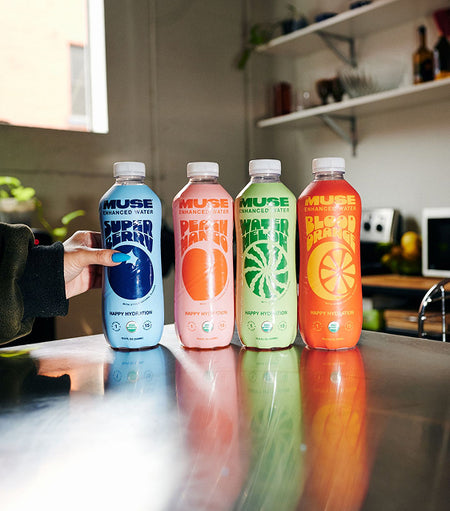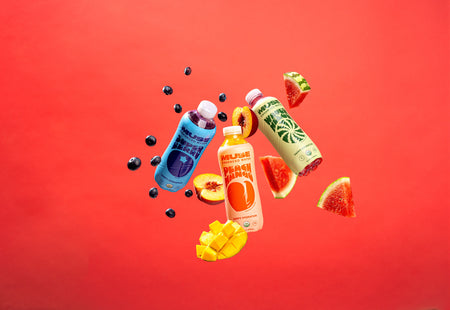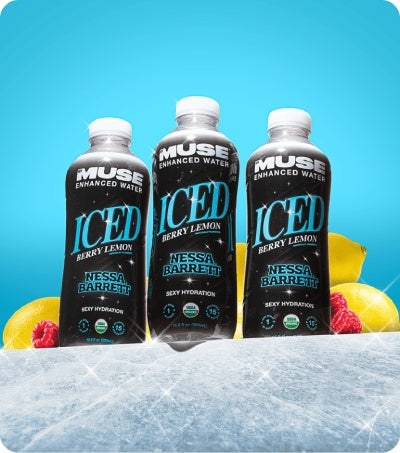Some say that citrus fruit allowed British to defeat Napoleon in 1815. That’s because in 1747, a Scottish Royal Navy Surgeon named James Lind discovered that lemon juice (and its Vitamin C) cured a common illness among sailors called scurvy that occurred after weeks at sea. Once they had that cure, the British Army had a leg up that allowed them to travel farther and perform longer-term military tactics other armies could not. I know, fun fact. You are now ready for trivia night.
Arguably the most popular vitamin, Vitamin C is an antioxidant needed by our bodies for a number of functions and processes.
Researcher Mark Moyad, MD, MPH, of the University of Michigan said “Higher blood levels of vitamin C may be the ideal nutrition marker for overall health. The more we study vitamin C, the better our understanding of how diverse it is in protecting our health, from cardiovascular, cancer, stroke, eye health [and] immunity to living longer."
Vitamin C (also known as ascorbic acid,) helps fight free radicals and supports the proper functioning of our immune systems and is necessary for the growth, development and the repair of all of our body’s tissues. It's involved in the formation of collagen, wound healing, the absorption of vital nutrients and the maintenance of cartilage, bones, and teeth.
Recent studies have shown Vitamin C ‘s antioxidant properties may also contribute to reducing the severity of colds and higher Vitamin C intakes were shown to be associated with a lower likelihood to experience age-related skin issues like the appearance of wrinkles and dry skin.
So, where can we find this incredible vitamin? Sources include:
- Citrus fruits
- Bell peppers
- Berries: strawberries, raspberries, blueberries
- Melons
- Kiwi Fruit
- Papaya
- Mango
- Pineapples
- Tomatoes
- Broccoli
- Potatoes
- Dark leafy greens
- Brussels sprouts
- Cauliflower
- Cabbage
- Squash
- in the majority of our mymuse organic enhanced teas and waters
Sources
 Our Story
Our Story
 FAQ
FAQ
 Contact
Contact
 Enhanced Water
Enhanced Water
 NESSA BARRETT x ICED
NESSA BARRETT x ICED






